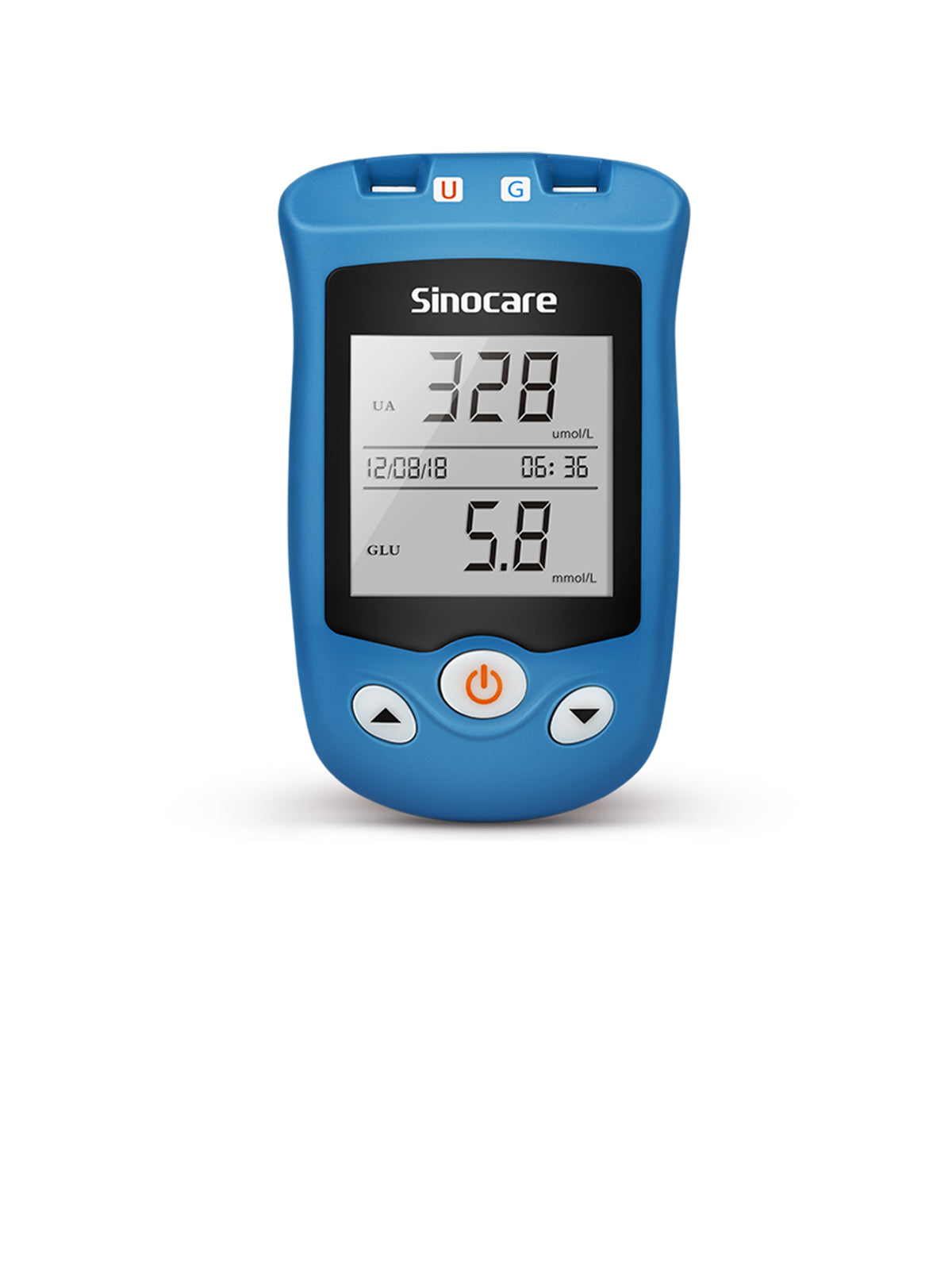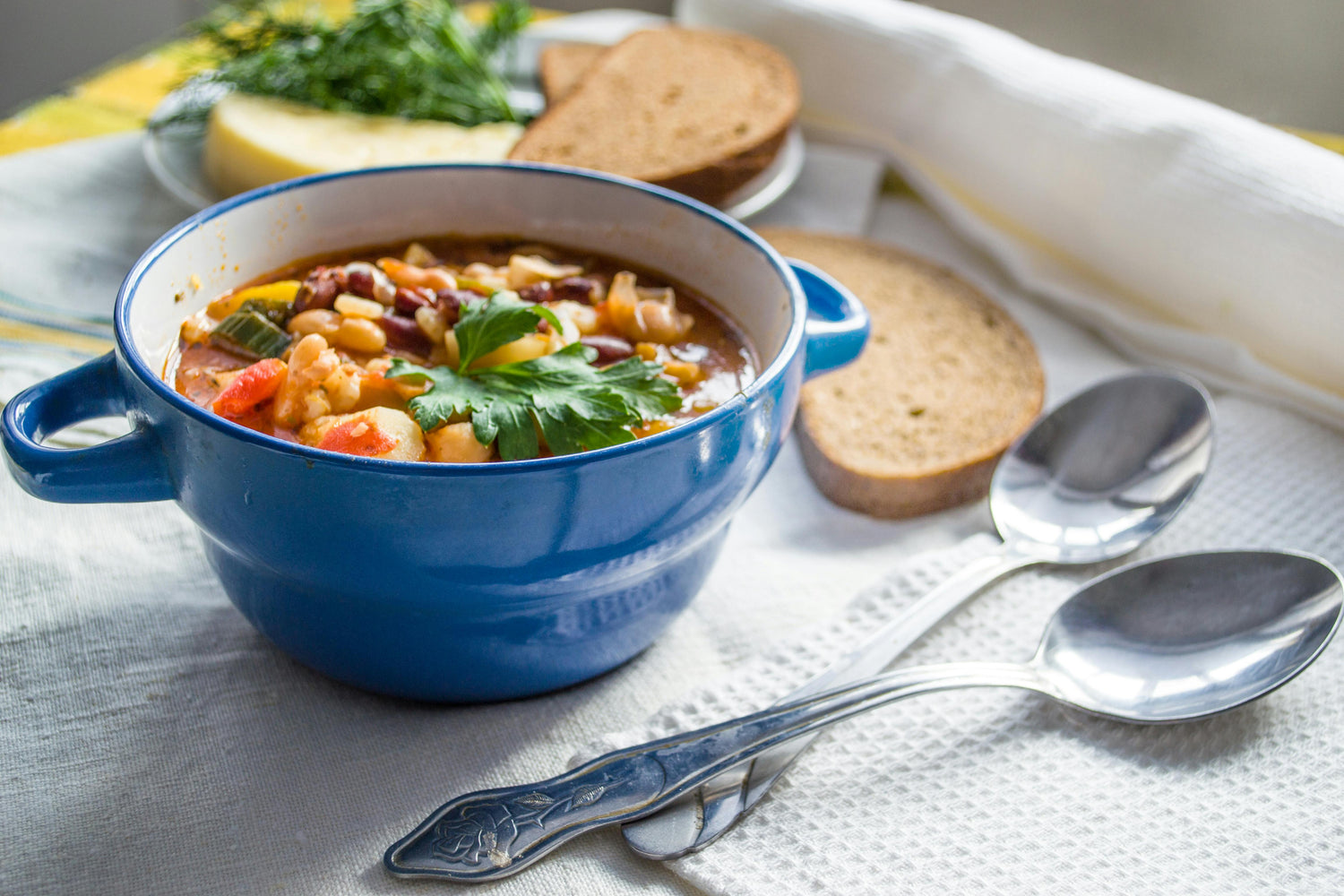Soup is a comfort food cherished in many cultures around the world. It’s warm, soothing, and often packed with nutrients. But for those with diabetes, navigating the realm of soups can be a bit tricky. With concerns about sugar content, carbohydrate levels, and overall nutritional balance, it’s natural to wonder: Is soup suitable for diabetics?
The answer isn’t a simple yes or no. Instead, it depends on various factors. Let’s dive deeper into this topic to understand how diabetics can enjoy soup without compromising their health.

Is Soup suitable for diabetics?
Certainly, soup is suitable for individuals with diabetes. It is generally recommended that diabetic patients follow the sequence of consuming soup, vegetables, meat, and rice during meals.
However, for diabetic patients who want to drink soup, it is advisable to do so at least 15 minutes before the meal. This serves two purposes: firstly, it helps the stomach feel fuller, preventing overeating due to rapid consumption. Secondly, drinking soup beforehand allows for better separation of solids and liquids. By the time one starts eating vegetables and main courses, the soup would have mostly passed from the stomach to the small intestine, avoiding a rapid spike in blood sugar caused by thorough mixing and digestion.
What soups are suitable for diabetics?
Vegetable soups, egg drop soups, tofu soups, and lean meat soups are all suitable for diabetics. These soups have low energy and fat content. Drinking a bowl before a meal helps increase satiety and reduces the intake of other foods.
It is particularly recommended to use leafy green vegetables to make soup, such as spinach, Chinese broccoli and celery leaves. Leafy green vegetables are rich in various vitamins, potassium, calcium, magnesium, dietary fiber, and folic acid. Besides stir-frying, they can also be used to make soup.
When cooking, use high heat to bring the water to a boil quickly. After adding the vegetables, blanch them briefly and then turn off the heat. This helps deactivate enzymes in the vegetables rapidly, preserving the vitamins and chlorophyll, resulting in a soup that is not only high in nutritional value but also visually appealing.
Additionally, when cooking leafy green vegetable soups, some soluble vitamins and inorganic salts have dissolved into the broth, so it's advisable to eat both the vegetables and the broth together.

Two types of soups not recommended for diabetics
1. Meat soup
Meat soups, whether made from pork, lamb, beef, duck, or chicken, are commonly enjoyed for their savory flavors. However, from a nutritional standpoint, these soups may not offer significant benefits for individuals with diabetes.
The nutritional value of soup largely depends on its ingredients. Studies indicate that the nutrients in soup primarily come from the ingredients used. While water-soluble vitamins readily enter the soup, only a small portion of the non-water-soluble proteins dissolve into the broth. The majority of proteins remain in the meat itself.
For diabetic individuals, consuming meat soups regularly may lead to an excessive intake of fats and calories, potentially contributing to elevated blood sugar levels. Additionally, soups made from stewed meats may contain high levels of purines, which can increase uric acid levels in the body and pose risks for conditions like hyperuricemia or gout.
2. Fish soup
Fish soups are often praised for their delicious taste and perceived health benefits. However, while fish itself is a nutritious source of protein and omega-3 fatty acids, fish soups may not provide the same nutritional benefits.
Similar to meat soups, the nutritional value of fish soups primarily resides in the fish meat used to prepare them. While fish meat contains essential nutrients, including protein and healthy fats, the broth of fish soups may lack significant nutritional content.
Furthermore, fish soups often exhibit a milky white appearance, which some may associate with high nutritional value. However, this coloration is primarily due to the emulsification of fats during the cooking process. The presence of fine fat particles, along with emulsifying agents from the fish, gives the soup its milky white appearance.
For individuals with diabetes, fish soups may not offer substantial nutritional benefits compared to consuming fish in other forms. Additionally, excessive consumption of fish soups may lead to an overconsumption of fats and calories, potentially impacting blood sugar control and cardiovascular health.
While meat and fish soups may not be ideal choices for individuals with diabetes, occasional consumption in moderation can still be enjoyed. Opting for lean cuts of meat, skimming off excess fat, and incorporating a balanced meal plan can help manage blood sugar levels and promote overall health. Remember, the key is to make informed choices and prioritize a diverse range of nutritious foods in your diet.

Final thoughts
In conclusion, soup can indeed be a beneficial addition to the diet of individuals with diabetes when chosen wisely and consumed in moderation. Opting for vegetable-based soups, egg drop soups, tofu soups, and lean meat soups can provide essential nutrients without significantly impacting blood sugar levels. However, it's important to be cautious of meat and fish soups, which may be higher in fats and lack substantial nutritional value in their broth. By making informed choices, such as selecting nutrient-dense ingredients and practicing portion control, individuals with diabetes can enjoy the warmth and nourishment that soup offers.










Deixar comentário
Os comentários precisam ser aprovados antes da publicação.
Este site é protegido por hCaptcha e a Política de privacidade e os Termos de serviço do hCaptcha se aplicam.